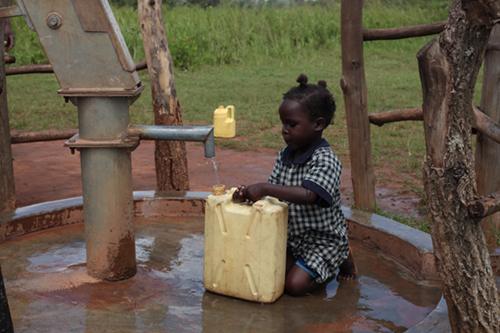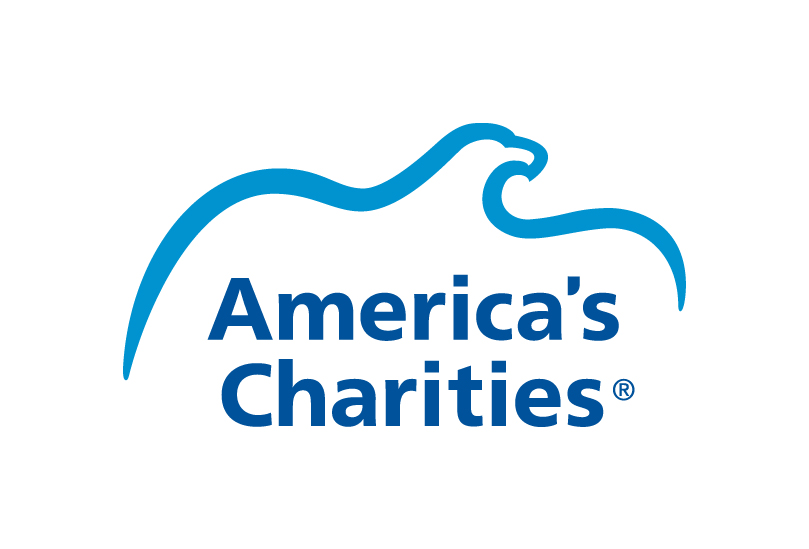World Water Day: Nature for Water

World Water Day: Nature for Water
This World Water Day, we’d like you to imagine a few simple scenes. First, imagine yourself on a sweltering summer day, drinking a refreshing cup of cold water. Then, picture yourself finally getting to bathe after a long day of work or travel. Lastly, think of getting up early to cook a big pot of oatmeal for your family’s breakfast. In your mind, was the cold water you drank a cloudy yellow color? Did you have to walk a mile or more to bathe in a murky river or pond? Or did you have to consider that your family might become ill from the food you cooked with contaminated water?
For many who read this, clean water is so accessible that we may have never considered how different our lives would be without it. However, for the 2.1 billion people around the world without easy access to safe, clean water, this lack puts a constant strain on their health and time. In 2010, The UN declared The Human Right to Water and Sanitation (HRWS) as a human right. They stated: "The human right to water entitles everyone to sufficient, safe, acceptable, physically accessible and affordable water for personal and domestic uses."
Ensuring adequate water, sanitation and hygiene practices (WASH) is a key global health initiative, and we work diligently to develop and maintain our Health & Water program activities to this end. These activities vary from building water pans to collecting water from underneath dry riverbeds; from capping springs to providing safe water containers and water-treatment products.
The following anecdote provides a snapshot of the difference that such interventions can make.
In Northern Uganda, four-year-old Openy Bob's home is situated in a plain dehydrated area, supplied with dry grass, and scotching sunshine. The milky-white water was shared communally with all the people and animals in the village. With donor support, we constructed a borehole that is run by a committee to regulate usage of water. They raise money for maintenance to ensure that clean water is no longer scarce. Children can drink it, parents can cook with it and everyone can wash with it.
Clean water and proper hygiene also make a huge difference in nutritional outcomes. It doesn’t matter how healthy a child’s diet is, if all the child drinks and washes with is dirty water. That is why our Health & Water projects include presentations, home visits and campaigns to encourage proper hand washing and to teach communities how to avoid common waterborne illnesses.
While Openy’s life has changed for the better with access to clean water, the UN estimates that each day, nearly 1,000 children die due to preventable water and sanitation-related diarrheal diseases linked to poor hygiene and unsafe water, and that 1.8 billion people still get their drinking water from a source that is contaminated with fecal matter. This World Water Day, we hope that you are inspired to take action on WASH issues. Evaluate our ecosystems and find nature-based solutions have the potential to solve many of our water challenges. So how will you celebrate World Water Day?
Support Feed the Children through your employee giving program:
As a donor, you can support Feed the Children by donating to them through your employer’s workplace giving program. Payroll pledges made through employer-sponsored charitable giving programs represent a cost effective and near effortless way to support your favorite charities.
As Feed the Children's workplace giving partner, America’s Charities can help your company design and implement a program centered on supporting their work - through workplace giving campaigns, employee fundraising, cause-focused signature programs, volunteerism, donation drives, matching gifts, Dollars-for-Doers, In-Kind Giving and other employee engagement and philanthropic initiatives. Click here to request a demo and learn how we can help you do this.

